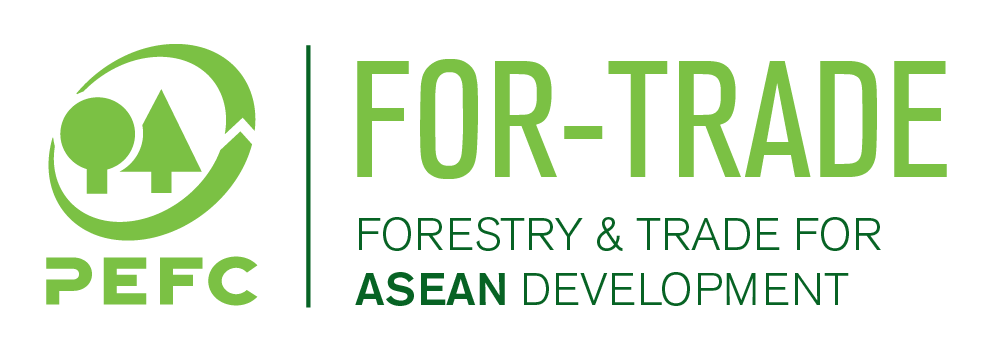

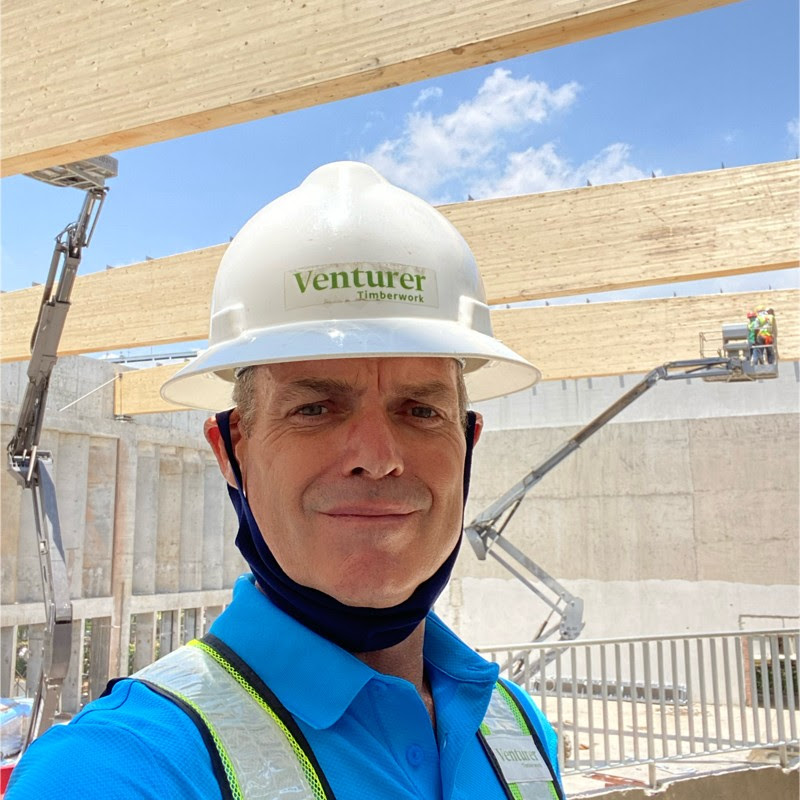
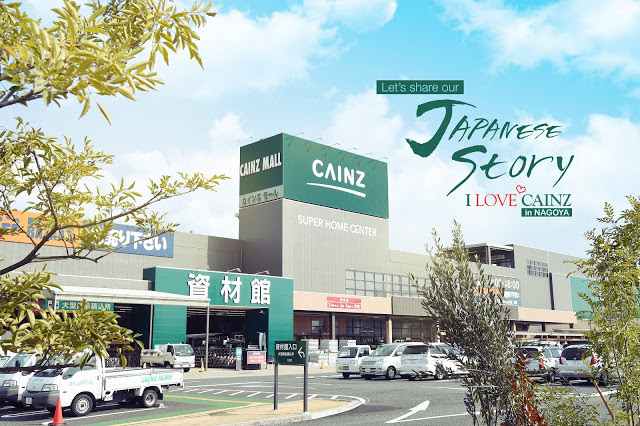

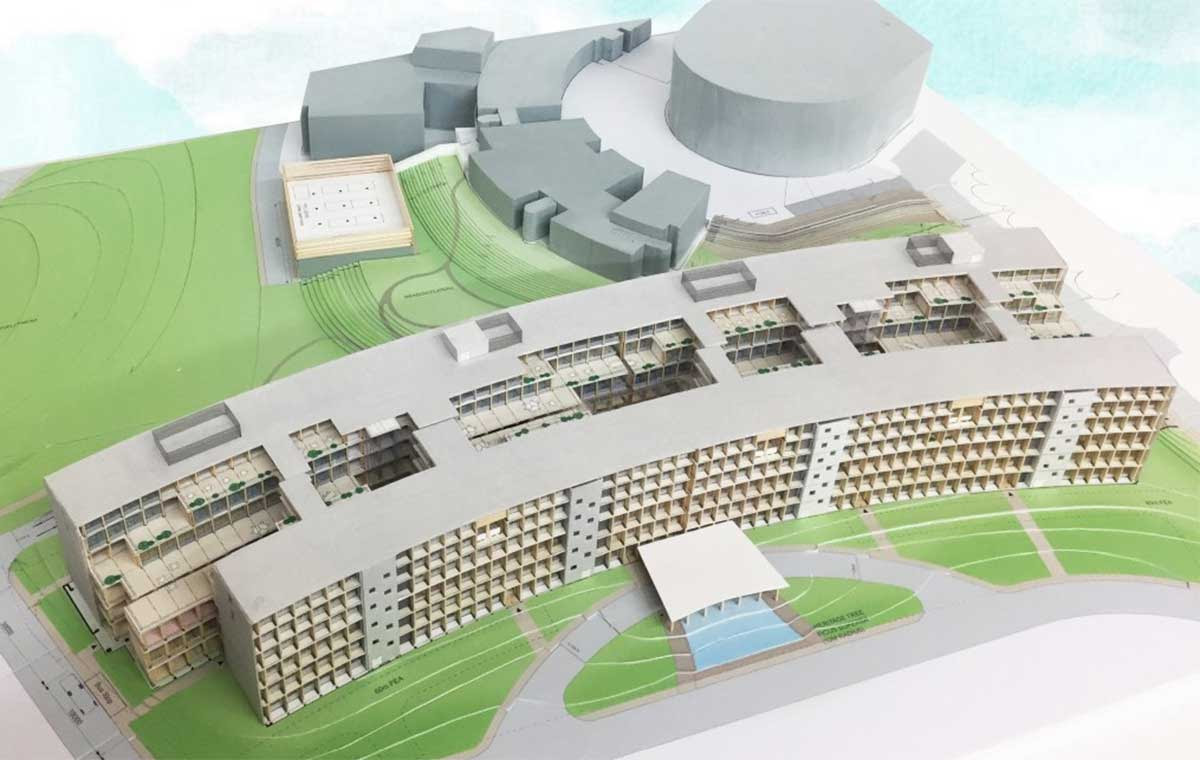
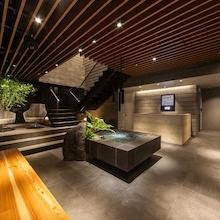
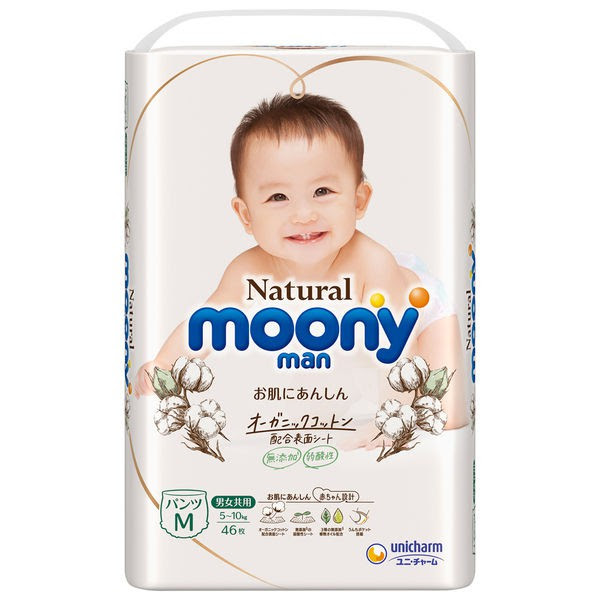
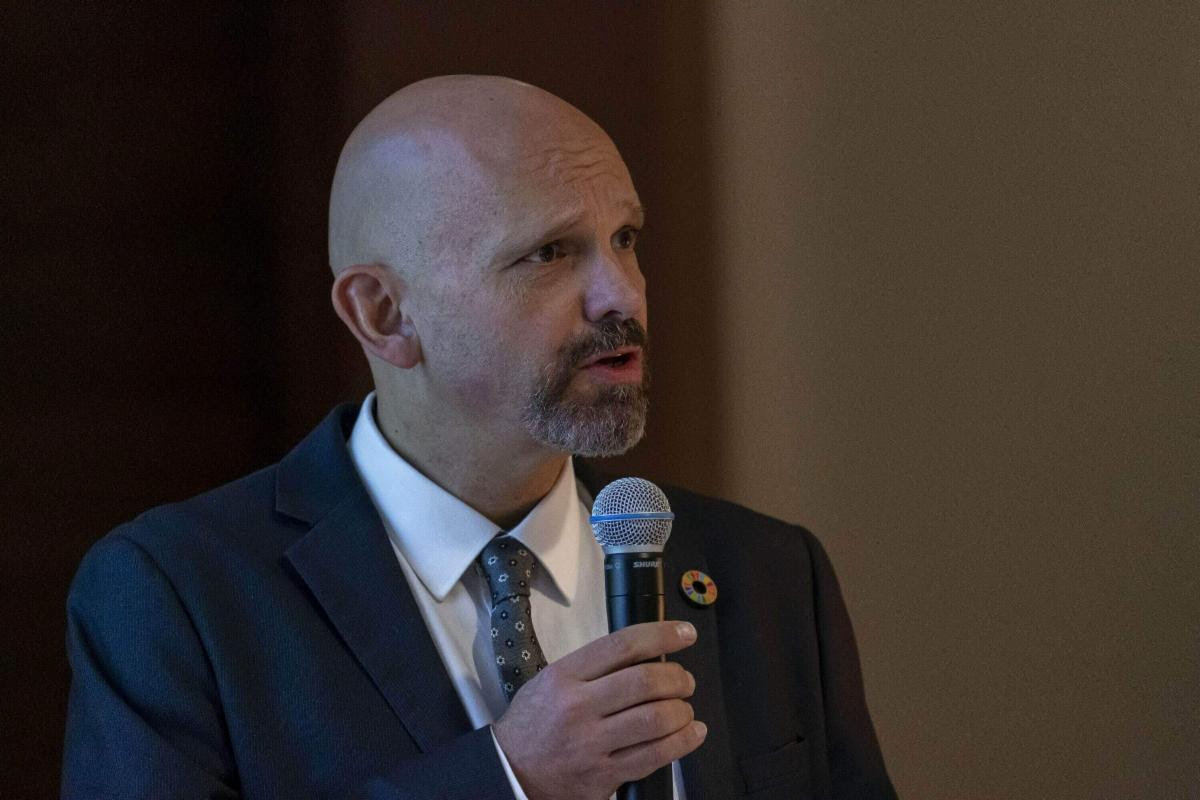
Number of Certified Certifications in Indonesia
XXX Hectares in Indonesia
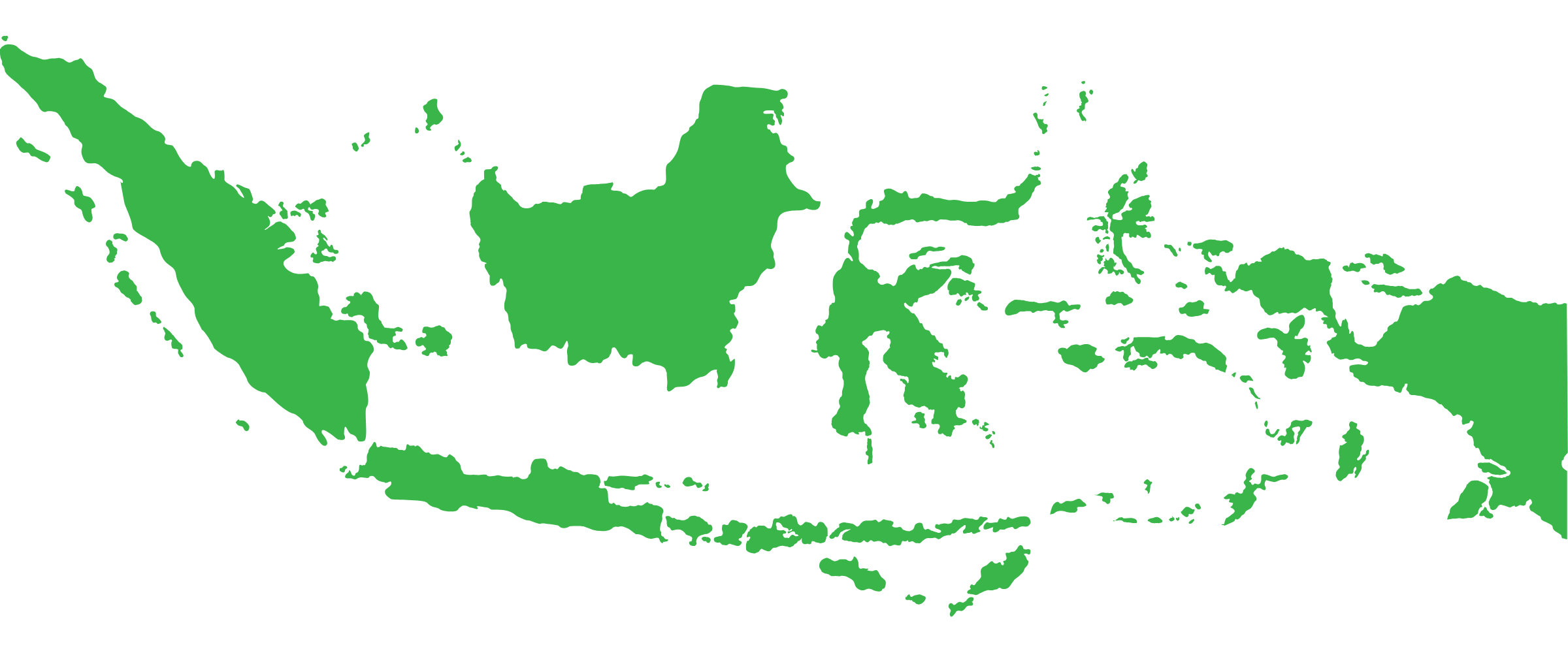









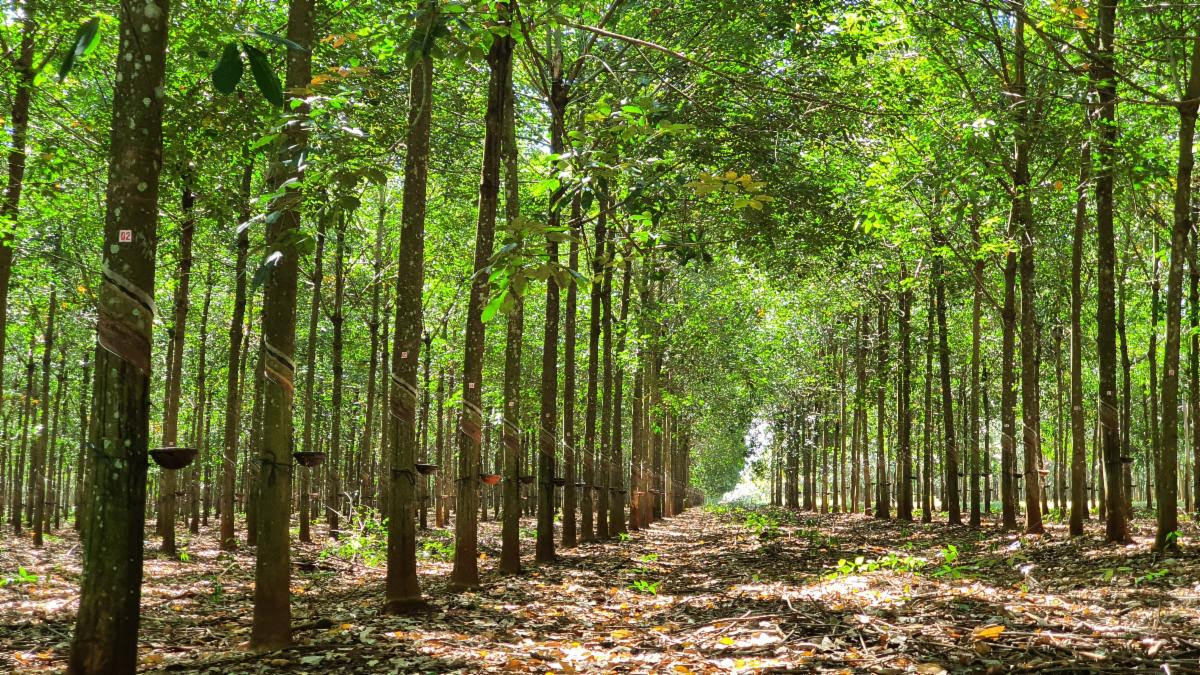
Rubber plantation in Vietnam. The Vietnam Forest Certification Office (VFCO) is the first national member to supply PEFC-certified natural rubber and rubberwood. (Photo credit: Dr Tran Lam Dong)
Talking about
- it is Real & Virtual!
While PEFC believes strongly in maximising the responsible use of tangible materials from sustainable forests, like timber, pulp, paper, wood-chips and even fibres for fashion, we also accept the reality these days to communicate in a virtual fashion! Hence Webinars and Zoom events – past, present and future - are the order of the day. Where-ever you are, you can participate in Tomorrow’s Timber Talk on 11 March when architectural engineer Pablo van der Lugt gives a deep insight into the principle of bio-based construction, as well as the latest developments in prefabrication options and construction process advantages of Mass Engineered Timber. There’s more.
PEFC Collaborates with ASEAN Furniture Industry Members
PEFC is collaborating with the ASEAN Furniture Industries Council (AFIC) to promote responsible sourcing of timber in the region and Chain of Custody certification for the furniture industry. This important collaboration will be announced by Emmanuel Padiernos, Chairman of AFIC, at a forum in Manila on 9 March, the first day of the ASEAN International Furniture & Furnishings Show 2021 which runs until 18 March. PEFC’s CEO Ben Gunneberg will be speaking at the forum about Sustainable Forest Management in the region and how ASEAN furniture industry members can join the global movement to meet consumer demand for environmentally-friendly products and services. Photo by Harith Green Carpenter, Malaysia. More on AFIC here.
PEFC on Managing Social Risks for Natural Rubber
Climate resilient growth for natural rubber production depends on how well we manage the hard risks and soft risks, PEFC’s CEO Ben Gunneberg said in the online panel discussion organised by the International Rubber Study Group on 3 March. He pointed out that as 85% of natural rubber is produced by 6 million farmers – mostly in Southeast Asia – there’s a need to have partnerships in place to meet Sustainable Development goals and to foster a sustainable raw material supply chain. Go here for the full recording of the webinar.
Vietnam First to Certify Natural Rubber & Rubberwood
The fact that 12 000 hectares of Acacia and Rubber plantation has been certified by Vietnam Forest Certification Office (VFCS) before the endorsement of PEFC has shown substantial Vietnamese stakeholders’ determination to make the national system work. “We are also delighted to be the first and only member so far to supply the first PEFC certified natural rubber and rubberwood," said Dr. Bui Chinh Nghia, Chairman of VFCS. Meeting - and even exceeding - the global benchmark in sustainable forest management has strengthened Vietnam’s belief that it’s moving in the right direction in building a national forest certification system. Read more.
First PEFC Controlled Source Indonesian Merbau Shipped
The first shipment of the prized Merbau roundwood to go through such an intense PEFC certification and verification process started its journey from Indonesia to New Zealand late last month. This year DoubleHelix started switching Certisource customers to PEFC Chain of Custody (CoC) certification, the first two being PT Forest Indo Perkasa and PT Larasati Multisentosa. Auditor Teguh Dwi Pambudi, who is responsible for overseeing due diligence and verification processes in Indonesia, says: “PEFC controlled sources claims provide the confidence that consumers need, so they know they are getting wood products from non-controversial sources”. Go to DoubleHelix for more.
Australia & New Zealand Cooperate On Responsible Wood
Australia's forest sustainability champion Responsible Wood will present at the New Zealand Green Building Council webinar series at 12noon (NZST) and 10am (AEDT) on 10 March. The webinar on “Sustainably Sourced Engineered Wood for a Low Carbon Future” will feature a panel of experts discussing PEFC certification and the future of engineered wood products. Sustainable architect at Scion, Andrea Stocchero, will tackle the question ‘can sustainably-sourced engineered wood be one of New Zealand’s shovel-ready answers for a sustainable future?’. Read more
Photographer Committed to Preserve & Protect Forests
Award winning photographer, Keril Chairil, tells us why he loves, but also worries about, the forest and what makes the place where he took his photo so special. He knows PEFC works very hard to protect forests and hopes it will be able to solve the concerns of people like him, who also wants to preserve and protect forests. "I hope that this competition can be a way for PEFC to give people a sense of care and love for forests". That from Keril Chairil, the winner of our 2020 ‘Experience Forests, Experience PEFC’ photo contest, who tells us more about his winning photograph and his love of forests. See more.
Forest Files: How Malaysia Manages Sustainable Forestry
Last year, local environmental portal Macaranga.org published four in-depth articles based on their investigation into forest-use changes in Peninsular Malaysia. Called Forest Files, the series explored issues such as forest-use policies, key drivers of forest loss and also how citizens could influence forest use. Siti Syaliza Mustapha, Senior Manager (Forest Management) at the Malaysian Timber Certification Council, talks about the role of the MTCC, which promotes the certification of forestry and timber products in Malaysia that meet international standards of practice, and whether this can promote sustainable logging and sustainable forestry. Listen to the latest report here.
PEFC Joins APEC Experts on Illegal Logging & Trade
Seventeen economies from Asia Pacific Economic Cooperation (APEC) participated in the 19th meeting of EGILAT - Experts Group on Illegal Logging and Associated Trade - held virtually on 19 and 20 February 2021. Participants shared updates on the implications of COVID-19 and exchanged information on combating illegal logging and promoting trade in legal forest products. They also discussed the progress regarding the EGILAT policy theme on “Advancing the Trade and Distribution of Legally Harvested Forest Products.” Siti Syaliza Mustapha from MTCC reported on how PEFC has continued to manage certification, audit and compliance activities during the pandemic. More on EGILAT here.
World Furniture: How Consumers Buy Furniture Online
Chain of custody certification is vital for a furniture company to advance its sustainability credentials. If it can also show that it’s using certified sustainable packaging materials and it’s taking care to be carbon-conscious with its shipping method, that’s the additional sort of assurance an online shopper needs. That's the essence of the PEFC article by Ken Hickson in World Furniture Magazine March 2021 issue. It mentions an online retailer in Singapore selling European-made furniture with wood sourced from Asia, that goes out its way to tell the sustainability story and proudly shows the PEFC certification labels. For Soul and Tables, sustainability and responsible sourcing is at the heart of its business. See the World Furniture article here.
PEFC/IFCC Chain of Custody Training for Auditors
To maintain the highest possible standards for issuing PEFC's Chain of Custody (CoC) Certification, intensive training courses are conducted throughout the Asia Pacific region. Auditors, reviewers and certification decision makers are invited to register for the next PEFC recognised CoC initial training, which is being conducted in Indonesia on 6-8 April 2021. This training is a pre-requisite before anyone can issue certification against the 2020 PEFC CoC related standards. The training will be given by PEFC International Technical Experts Nurcahyo Adi and Rudy Setyawan from Indonesian Forestry Certification Cooperation (IFCC). There's more here.
MTCC Debuts at the MIFF Virtual B2B Furniverse 2021
In line with its continuous effort to reach out to timber industry players and increase awareness on forest and timber certification, the Malaysian Timber Certification Council (MTCC) is making a debut at the virtual B2B furniture fair, MIFF Furniverse 2021 which takes place from 8 until 12 March. This is the latest digital event experience by the Malaysian International Furniture Fair (MIFF), one of the top furniture fairs across the globe, especially in Southeast Asia. MTCC CEO, Yong Teng Koon said such virtual trading experience is the go-to in today’s business sphere and an ideal platform for the council to consistently connect and update industry players in these challenging times. Read more.
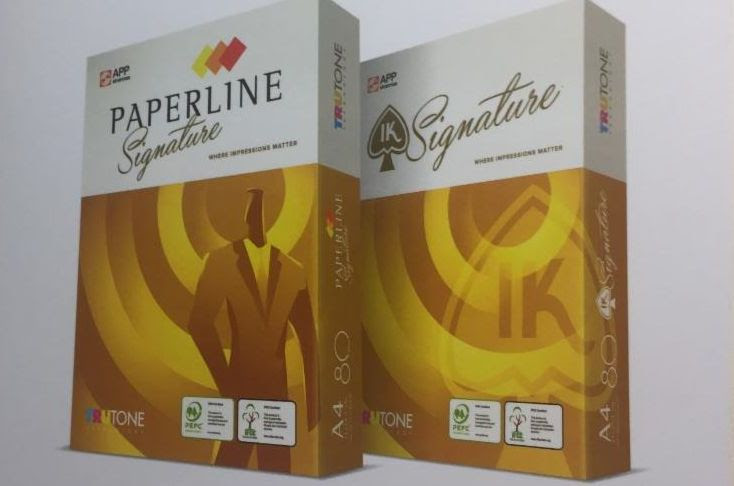
Products from Asia Pulp & Paper (APP) Sinar Mas, one of the biggest paper packaging companies in Asia. It proudly shows the PEFC label on its products, which verifies that they are Chain of Custody certified and come from Sustainably Managed Forests.
Kepada Yth.,
Bapak/Ibu Pemangku Kepentingan IFCC
di
Tempat
Dengan hormat,
Bersama ini kami menginformasikan bahwa pada tanggal 8 Februari 2021, Indonesian Forestry Certification Cooperation (IFCC) telah menyampaikan hasil revisi standar IFCC kepada PEFC untuk pengesahan kembali (re-endorsement).
Dalam rangka proses penilaian oleh PEFC untuk mendapatkan re-endorsement ini, beberapa tahapan proses harus dipenuhi sebelum dilakukan persetujuan oleh General Assembly PEFC. Salah satu tahapan proses yang dilakukan oleh PEFC adalah Konsultasi Publik yang akan dilaksanakan oleh PEFC mulai tanggal 8 Maret hingga 7 Mei 2021.
Dalam rangka konsultasi publik ini, kami menyampaikan undangan dari PEFC kepada pemangku kepentingan termasuk pemangku kepentingan dari Indonesia untuk menghadiri webinar yang akan diselenggarakan pada:
Hari, Tanggal: Selasa, 9 Maret 2021
Pukul: 14:00 WIB sd. selesai
Tempat: Virtual “Zoom” Meeting
Link registrasi: https://us02web.zoom.us/meeting/register/tZMtdOmurD4vG9AwvwbyKhjAX007GRqxy9XZ
Webinar berbahasa Inggris ini terbuka untuk seluruh pemangku kepentingan dan tidak berbayar.
Informasi terkait konsultasi publik ini tercantum pada website PEFC: https://pefc.org/news/indonesian-forest-certification-system-submitted-for-endorsement
Untuk informasi lebih lanjut dapat menghubungi: Sdri. Aqmarina (No. HP/WA: 0858-9120-8871) atau Annisa (No. HP/WA: 0822-9726-9206; Email: Alamat email ini dilindungi dari robot spam. Anda memerlukan Javascript yang aktif untuk melihatnya.).
Besar harapan kami atas kehadiran dan partisipasi Bapak/Ibu. Atas perhatian Bapak/Ibu, kami menghaturkan terima kasih.
Hormat kami,
Zulfandi Lubis, SH.
Direktur Eksekutif